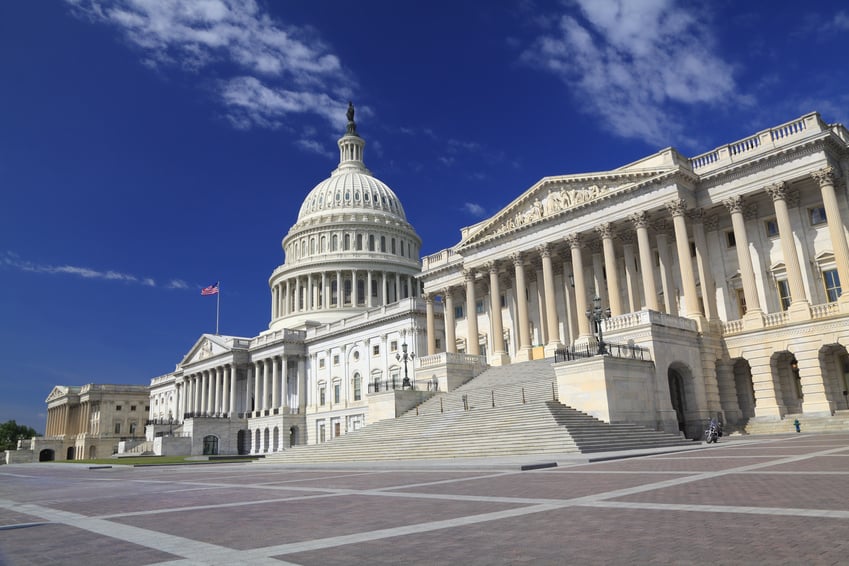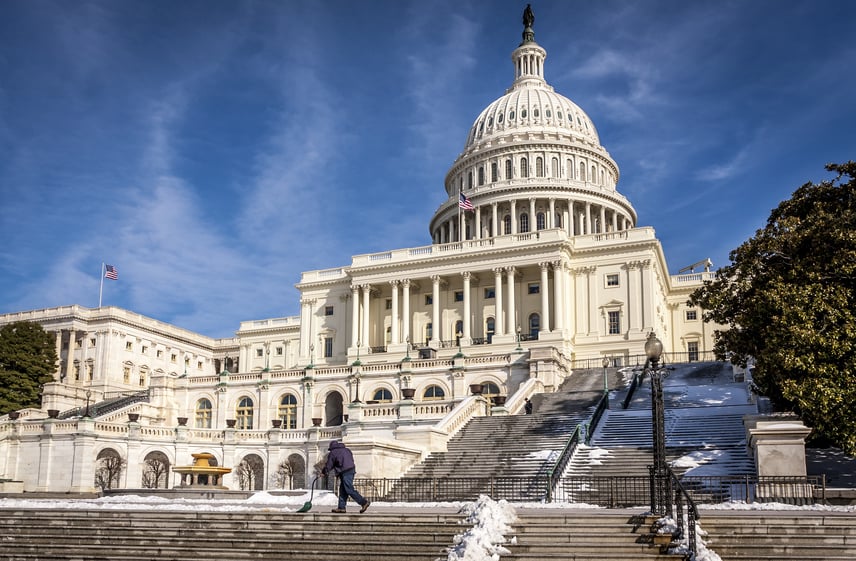On November 26, 2021, the Commerce Department of Commerce published a Proposed Rule that would amend its Interim Final Rule on Securing the Information and Communications Technology and Services Supply Chain (“ICTS Regulations”) to specifically address connected software applications. The Proposed Rule would make changes prompted by Executive Order 14034 to the ICTS Regulations.
On November 1, 2021, the US Department of State’s Directorate of Defense Trade Controls issued a final rule amending entries for Ethiopia and Eritrea in the International Traffic in Arms Regulations. These changes supplement the sanctions imposed on both countries under Executive Order 14046, “Imposing Sanctions on Certain Persons With Respect to the Humanitarian and Human Rights Crisis in Ethiopia,” which was signed by President Biden in September 2021.
On September 17, 2021, President Biden signed Executive Order 14046, “Imposing Sanctions on Certain Persons With Respect to the Humanitarian and Human Rights Crisis in Ethiopia” aimed at addressing the widespread humanitarian conflict in northern Ethiopia. Both the White House and Secretary of State Antony J. Blinken also released statements calling for ceasefire negotiations to begin to find a political solution to the ongoing conflict in the region and a sanctions scheme to target individuals and groups responsible for violence, unrest, human rights abuses and the obstruction of humanitarian efforts.
We are pleased to invite you to our annual virtual Global Year-End Review of Import/Export/Trade Compliance Developments. Our international trade compliance lawyers from around the world will review the major global legislative, judicial and administrative activities and trends in export controls, trade sanctions, customs compliance, and import requirements which will be 16-18 November 2021.
On March 29, 2021, the US Department of Commerce’s Bureau of Industry and Security published a final rule implementing changes to the Export Administration Regulations that were agreed to at the December 2019 Wassenaar Arrangement Plenary meeting. Specifically, the Final Rule modified the reporting and self-classification requirements for exports of most mass-market encryption items and the email notification requirement for exports of publicly available encryption source code and beta test software.
On February 10, 2021, President Biden issued Executive Order 14014 “Blocking Property with Respect to the Situation in Burma” (EO 14014), which provides for the imposition of sanctions on certain Burmese parties in response to the Burmese military’s coup against the democratically elected civilian government in Burma. In parallel with the issuance…
On February 10, 2021, President Biden issued Executive Order 14014 “Blocking Property with Respect to the Situation in Burma” (EO 14014), which provides for the imposition of sanctions on certain Burmese parties in response to the Burmese military’s coup against the democratically elected civilian government in Burma. In parallel with the issuance…
On December 28, 2020, the US Department of Commerce’s Bureau of Industry and Security (“BIS”) issued a final rule amending the Export Administration Regulations (“EAR”) to revise the Country Group designations for Ukraine, Mexico, and Cyprus. BIS has placed these countries’ into more permissive Country Groups due to these countries’ membership in…
On January 11, 2021, the US State Department published a press release announcing Cuba’s designation as a State Sponsor of Terrorism (“SST”) for allegedly providing support for acts of international terrorism in granting safe harbor to terrorists. Cuba was originally designated as an SST in 1982 but was delisted in 2015 by…
On December 23, 2020, the US Commerce Department’s Bureau of Industry and Security (BIS) issued a final rule amending the Export Administration Regulations (EAR) by adding a new “Military End User List” (MEU List) as supplement no. 7 to part 744 of the EAR. The final rule adds 102 entities to the MEU List,…








